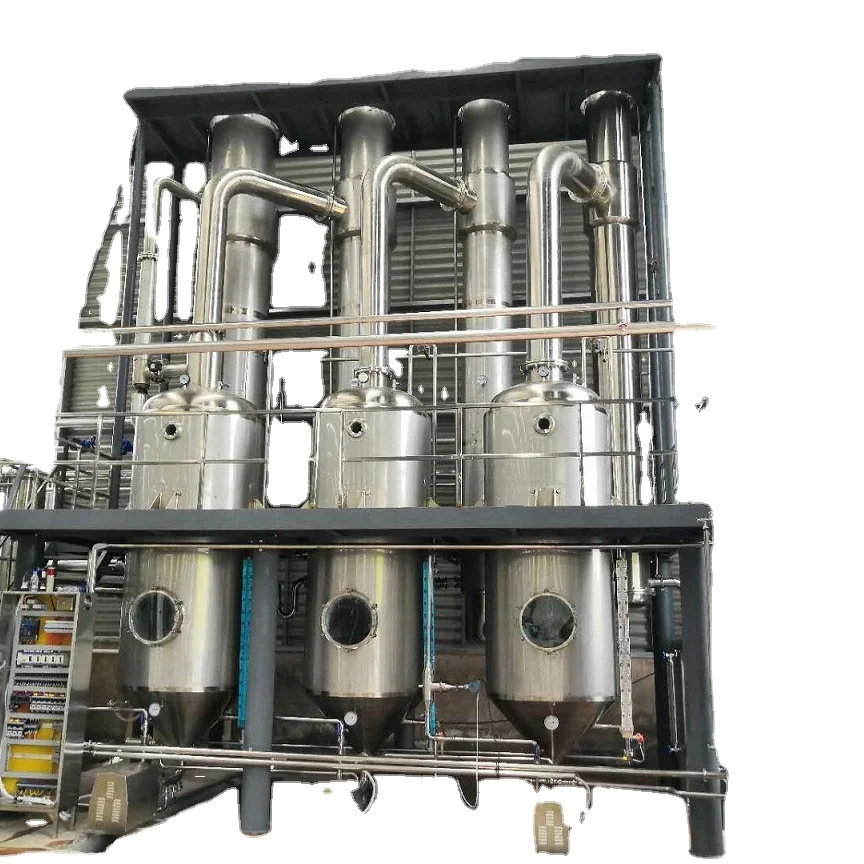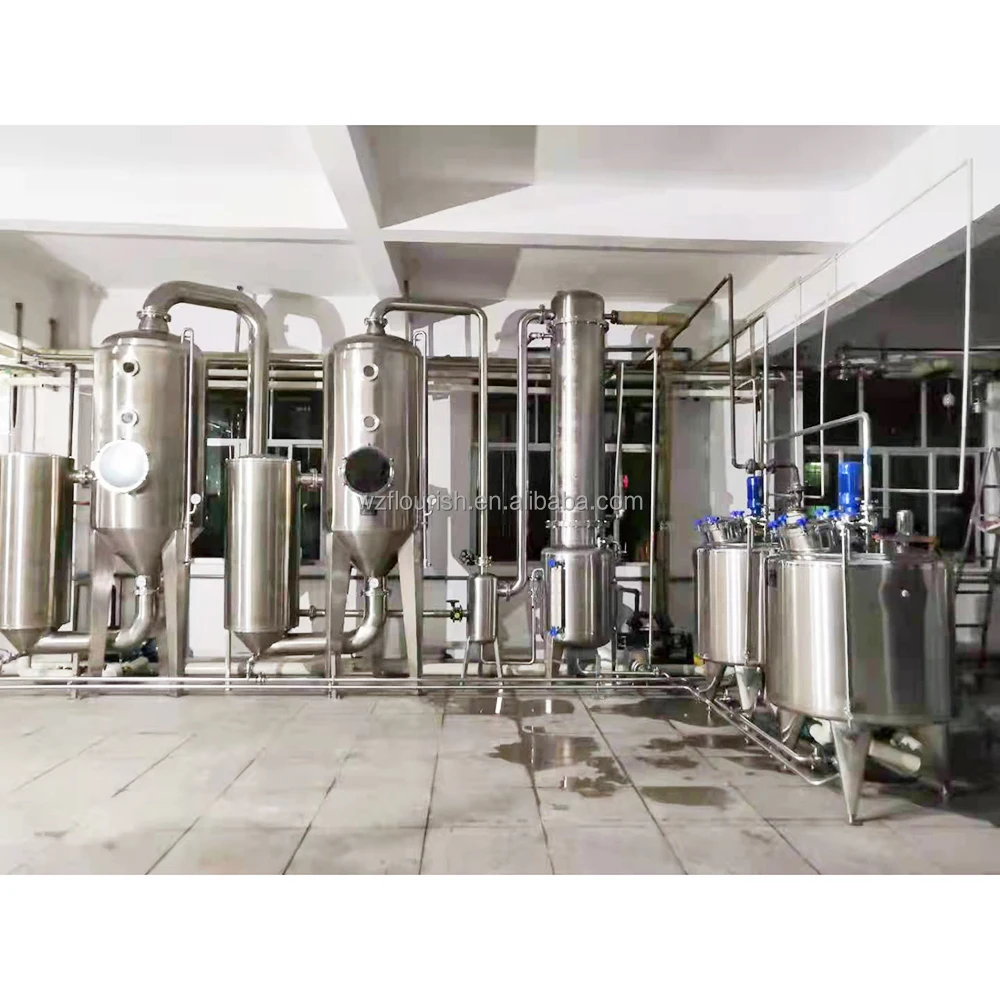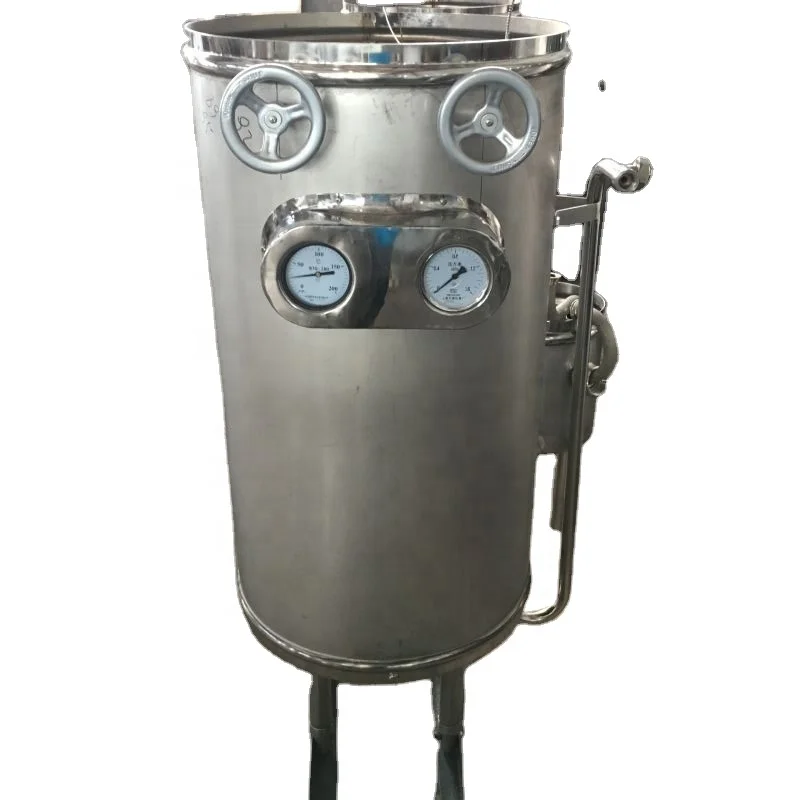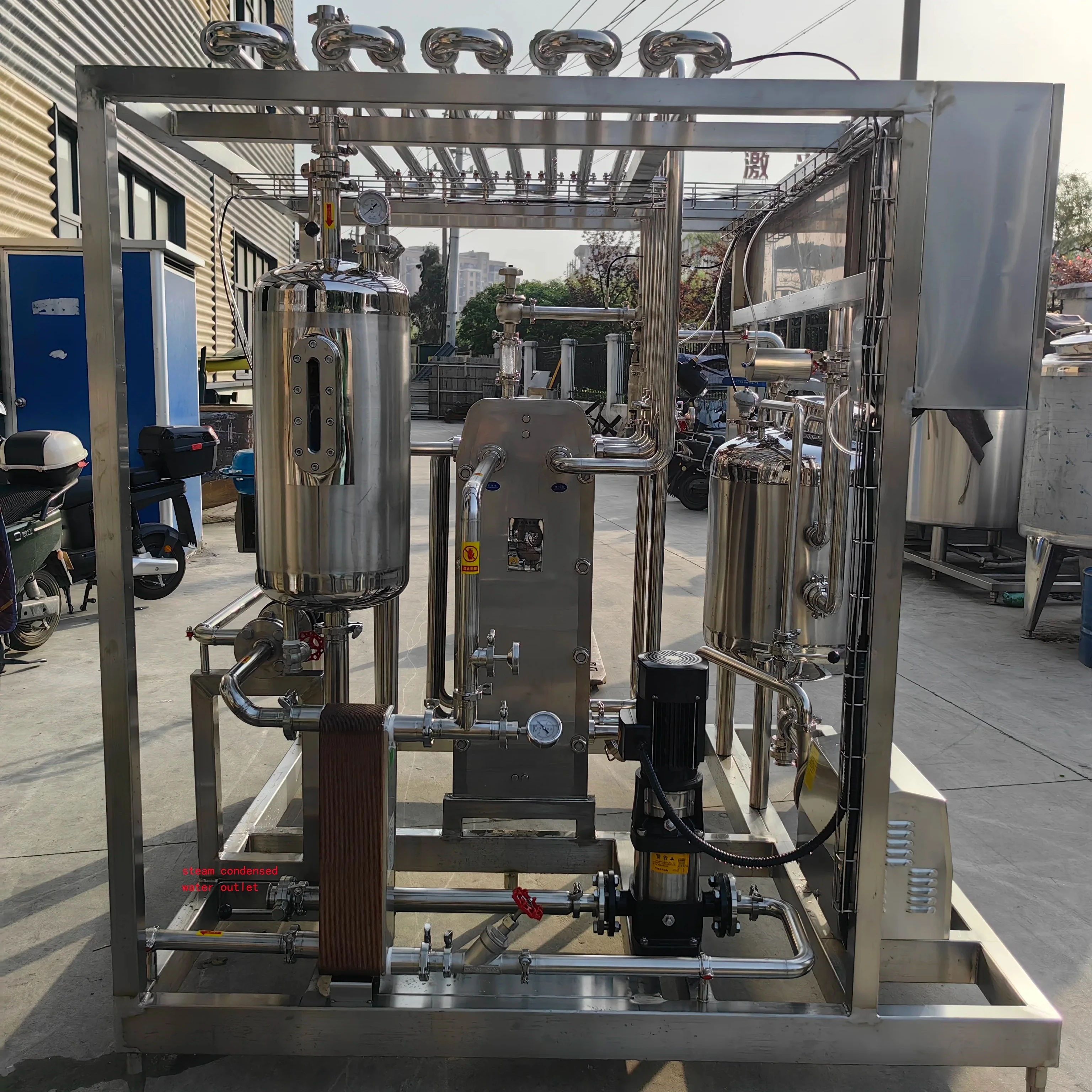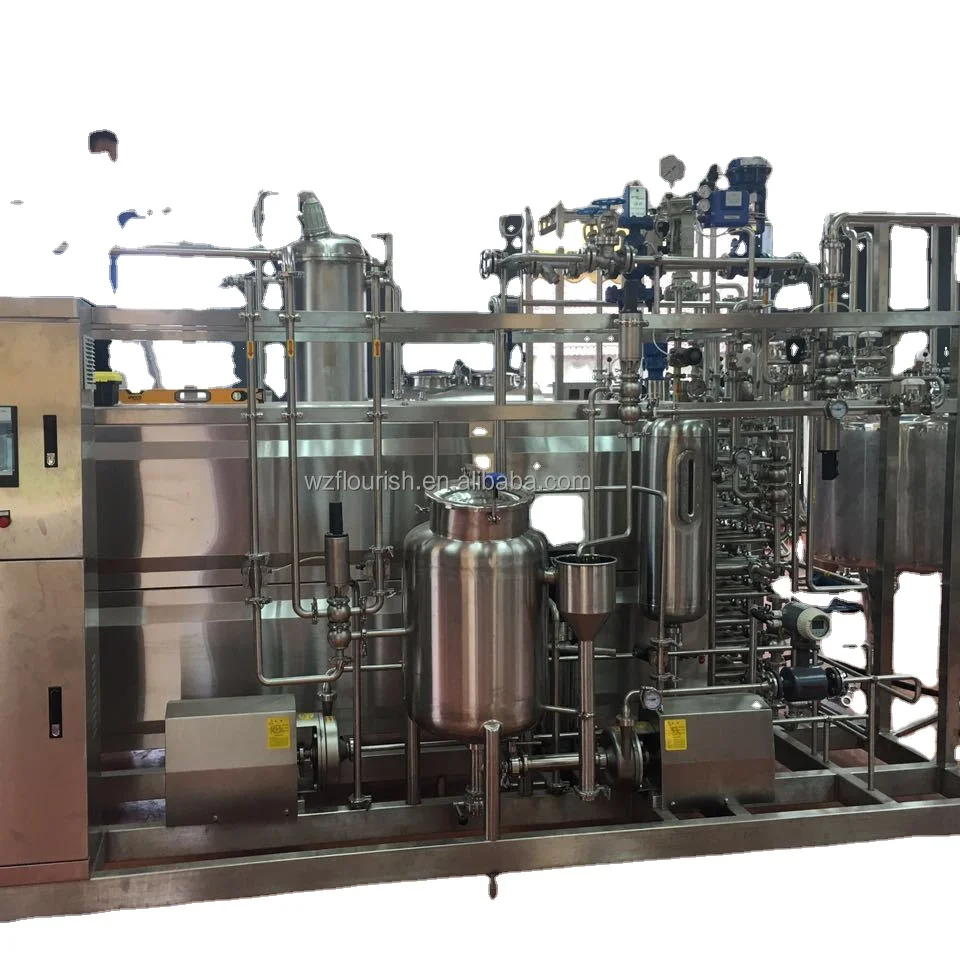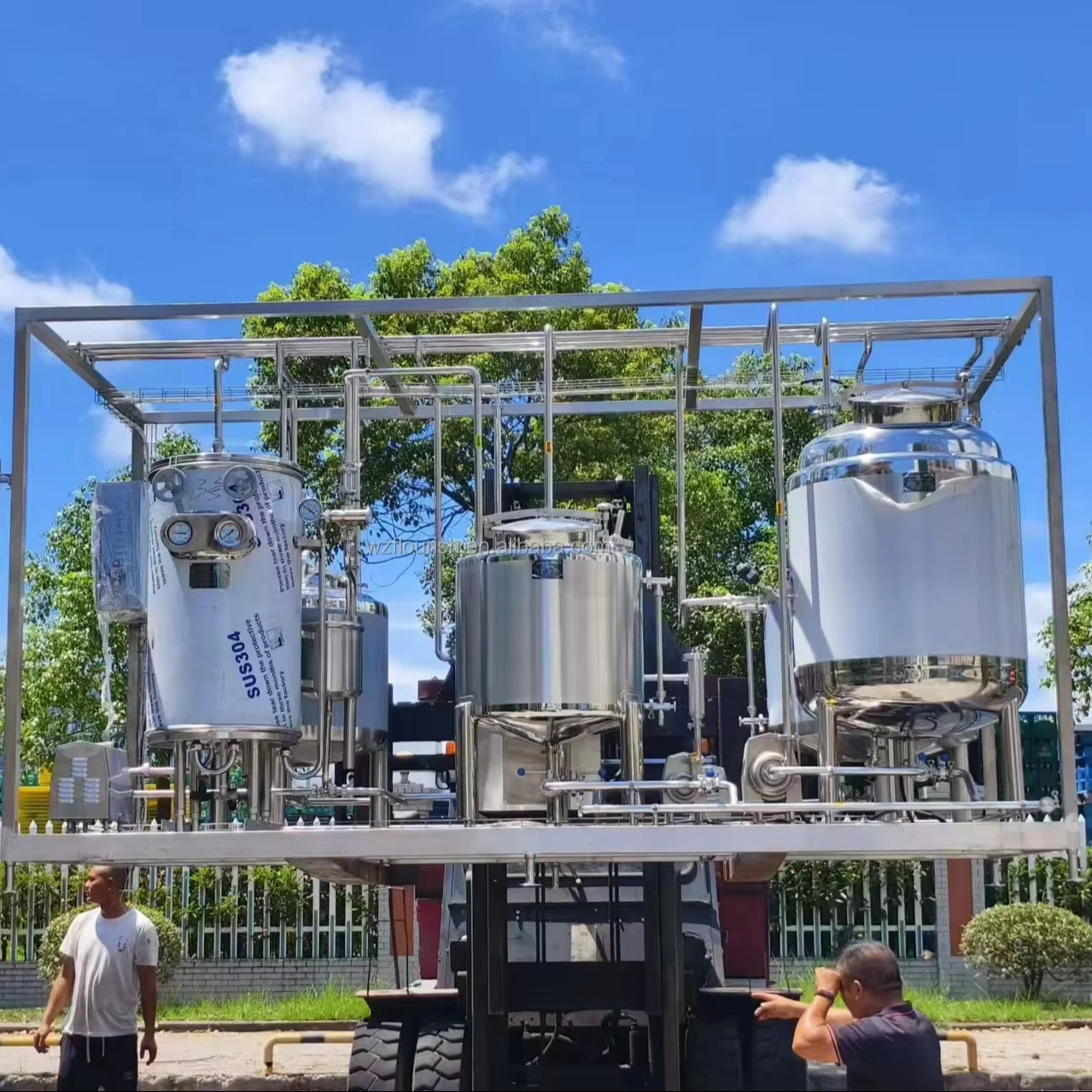ABOUT
Wenzhou Vince Machinery Science Co., Ltd. was established in early 1980s. Our company covers an area of 6500 square meters and is an independent legal representative firm, possessing rich economic technology strength. Our company is a high tech enterprise and plays an important role in national dairy, foodstuff, pharmacy and machinery industries. We are a beverage machinery supplier.
Since the establishment, our company has mainly engaged in dairy products, foodstuff, beverage machinery, bean products, yellow wine, medicines and fermentation projects. What's more, our company supplies a complete sequence services in manufacturing, installation, test and personnel train, as well as the whole direction service design and consulting service on product project construction or enlargement artistic distribution engineering sets budget.
PRODUCTS
Heavy Duty Stainless Steel Reactor Tank
Construction and Materials
The foundation of a heavy-duty stainless steel reactor tank lies in its construction. High-grade stainless steel, typically 316L or 304, forms the tank’s body. These grades offer excellent corrosion resistance, crucial for handling a wide range of chemicals and preventing contamination. The specific grade chosen depends on the aggressiveness of the process fluids. The tank’s walls are designed to withstand high internal pressures, often exceeding atmospheric pressure significantly, ensuring safe operation even under demanding reaction conditions.
Seamless construction is often preferred for maximum strength and to minimize the risk of leaks. Welds, when present, are meticulously inspected and tested to guarantee structural integrity. The tank's base and top are carefully designed and reinforced to cope with the stresses of agitation and the weight of the contents. Proper reinforcement prevents deformation and ensures the tank maintains its structural rigidity throughout its operational lifespan.
Design Features and Functionality
Beyond robust construction, heavy-duty stainless steel reactor tanks incorporate several key design features to optimize performance. Efficient agitation is often achieved through integrated impellers driven by powerful motors. These impellers ensure thorough mixing of reactants, promoting uniform reaction rates and maximizing yield. The type and design of the impeller are selected to suit the specific process requirements, ranging from simple axial flow impellers to more complex designs for viscous materials.
Precise temperature control is another critical aspect. The tanks are usually equipped with jacketed designs, allowing for the circulation of heating or cooling fluids to maintain the optimal reaction temperature. This precise temperature control is crucial for many chemical reactions, ensuring the desired product quality and preventing unwanted side reactions. Advanced systems often incorporate temperature sensors and controllers for automated regulation.
Pressure control is equally important, especially for processes involving gases or volatile substances. Pressure relief valves and safety systems are integrated to prevent overpressurization and ensure the safety of personnel and equipment. These systems maintain safe operating pressures while allowing for controlled release of pressure when necessary.
Applications and Industries
The versatility of heavy-duty stainless steel reactor tanks makes them applicable across a broad spectrum of industries. In the pharmaceutical industry, they are used for the synthesis and processing of active pharmaceutical ingredients (APIs) and other drug formulations. The stringent purity requirements in pharmaceutical manufacturing are readily met by the corrosion resistance and cleanability of stainless steel.
The chemical industry relies heavily on these tanks for various chemical reactions, including polymerization, oxidation, and reduction processes. The ability to handle a wide range of chemicals and withstand harsh conditions makes them ideal for a variety of synthesis and processing tasks. Food processing also utilizes these tanks for mixing, fermentation, and storage, benefiting from their hygienic and durable properties.
Beyond these key industries, heavy-duty stainless steel reactor tanks find applications in biotechnology, cosmetics, and other sectors requiring robust, reliable, and chemically inert vessels for processing various materials. The adaptability and long lifespan of these tanks make them a cost-effective and efficient choice for a wide range of applications.
SUBSCRIBE
INQUIRY

